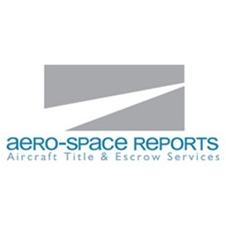On your side
Benefits of using an aircraft broker
Two words: market knowledge. Good brokers not only will have good inventory but should also know who else has good inventory, and they’ll have knowledge about the market. Market knowledge extends to understanding the correct aircraft for your mission.
A broker can be useful in helping you evaluate whether the make and model you’re looking at is truly the best one for you, or if there are alternatives you should contemplate. For example, you might be interested in a Cessna Citation Mustang, but perhaps the Embraer Phenom 100’s payload, range, and avionics make it a better choice for your mission, or vice versa.
Another benefit is specialization. A lot of brokers become experts in one area, such as Mooneys or TBMs or very light jets. As a result, a broker can advise on what to look for in the make and model you’re considering. Specialization also leads to off-market or pocket listing options. In pocket listings, sellers will use brokers to sell their airplanes without listing them. Brokers rely on their relationships to connect you with sellers and airplanes you would otherwise not know about.
You may be a great negotiator on your own, but why not add someone to your team who brings extra knowledge and insight to the table and who can be your advocate in the negotiation process? International Aircraft Dealers Association brokers must go through initial certification training, a competitive process adhering to rigorous standards that ensure only the most respected and experienced dealers become IADA members.
Bottom line: Spend some time choosing a good broker. While having a broker isn’t required, adding one to your team puts you in a better position overall.
aopafinance.org
800-62-PLANE (75263)

